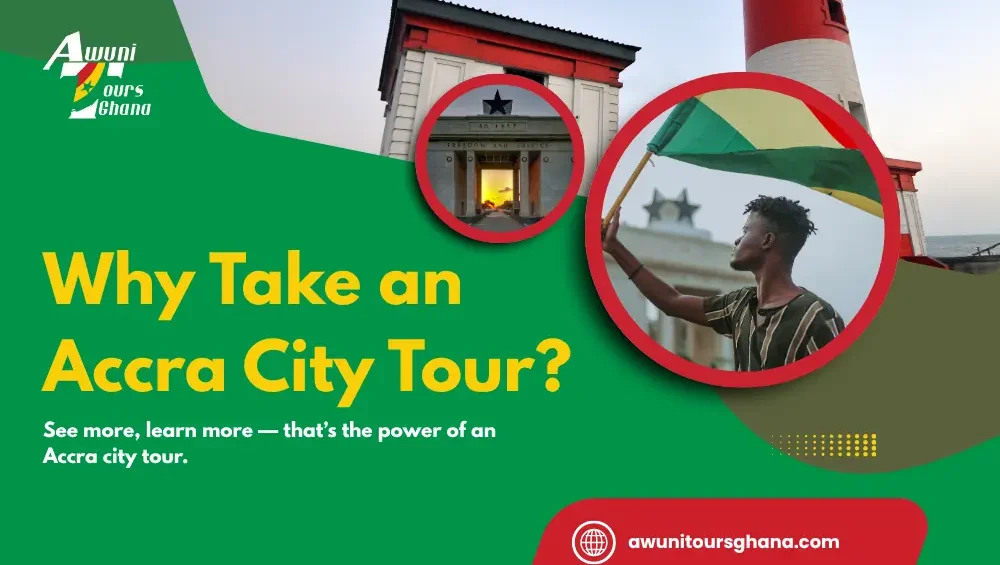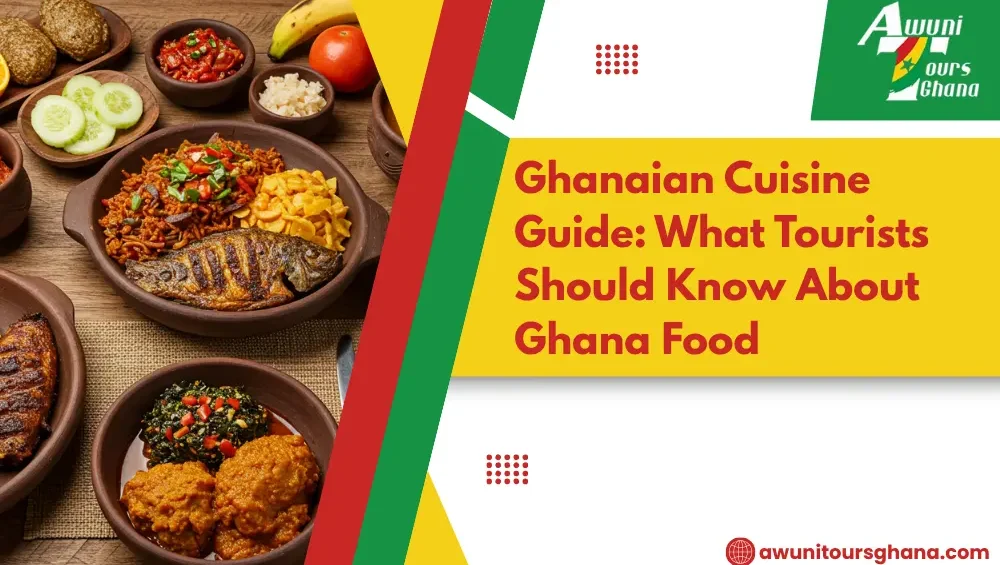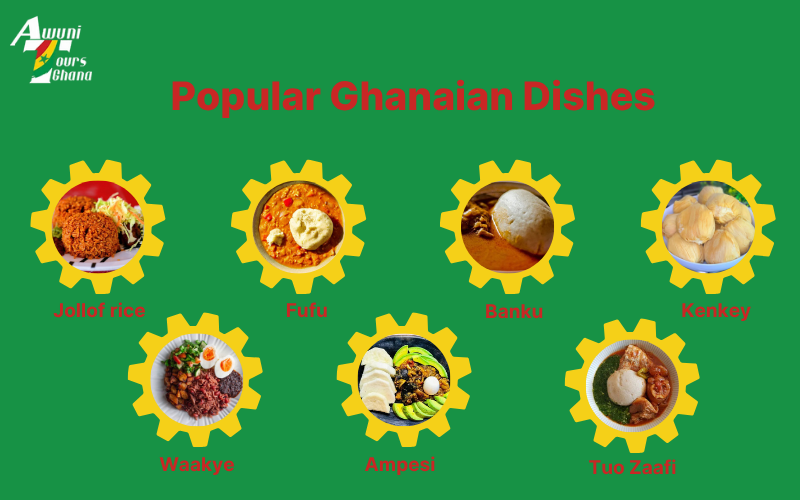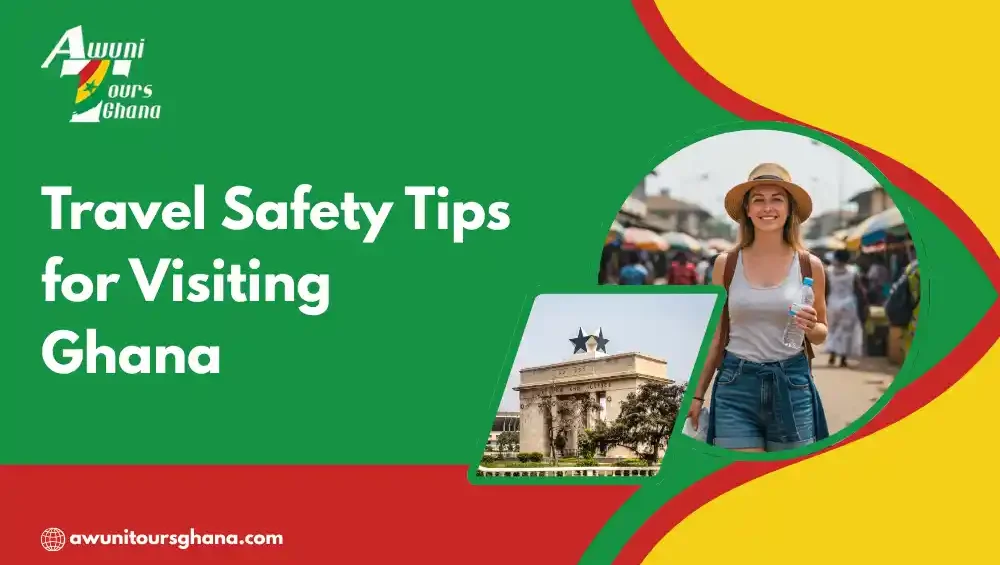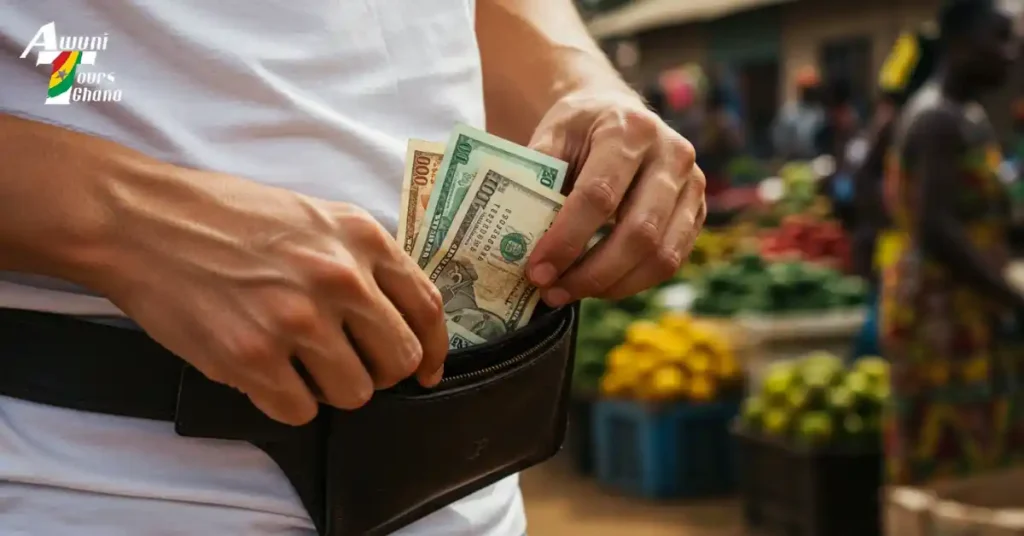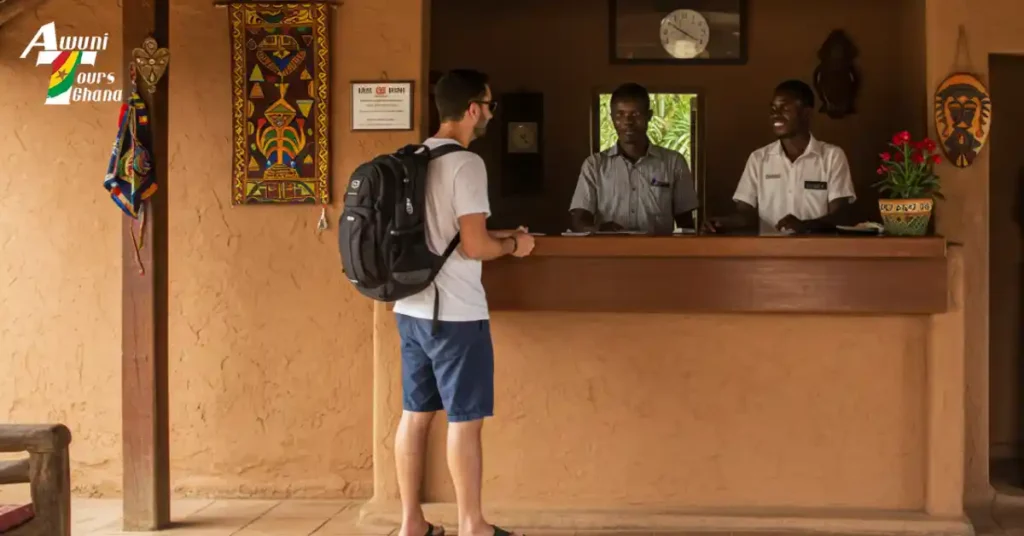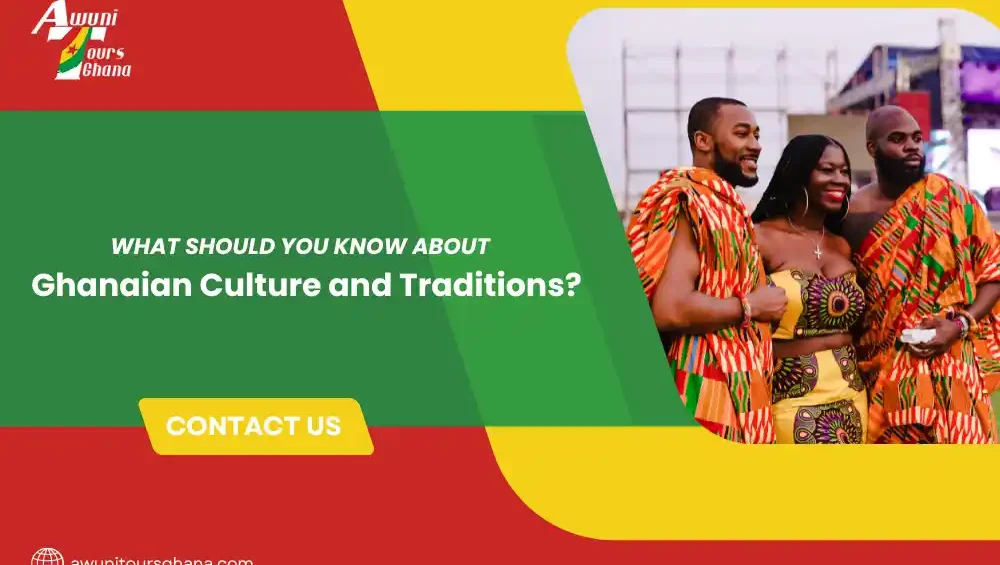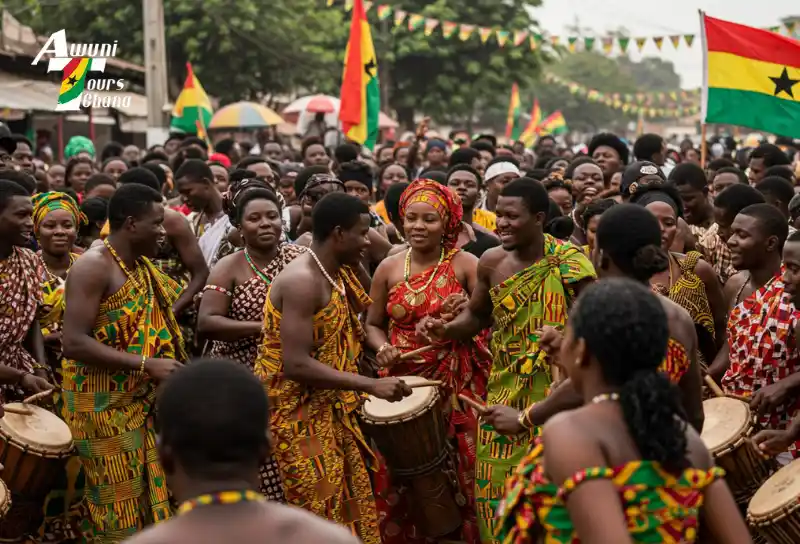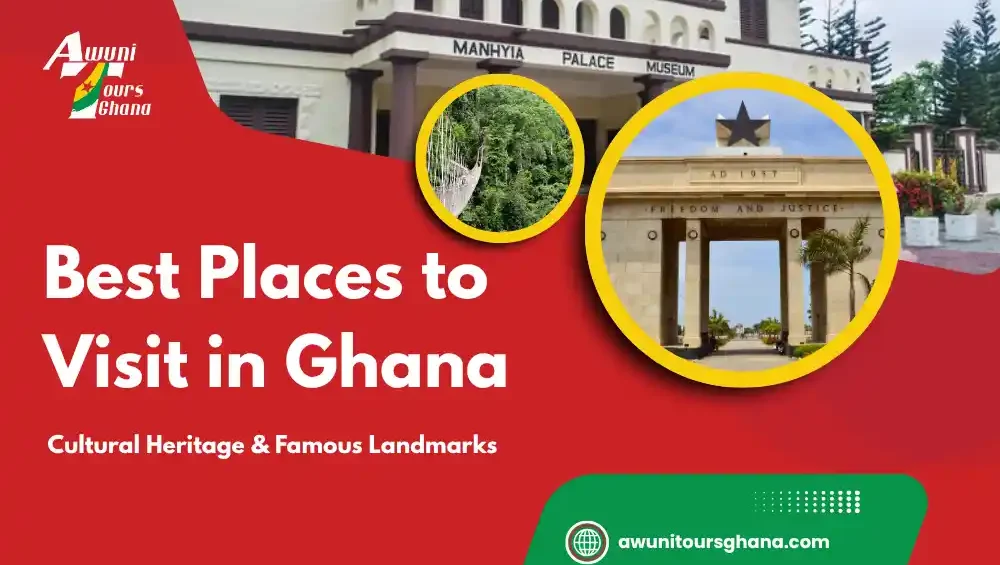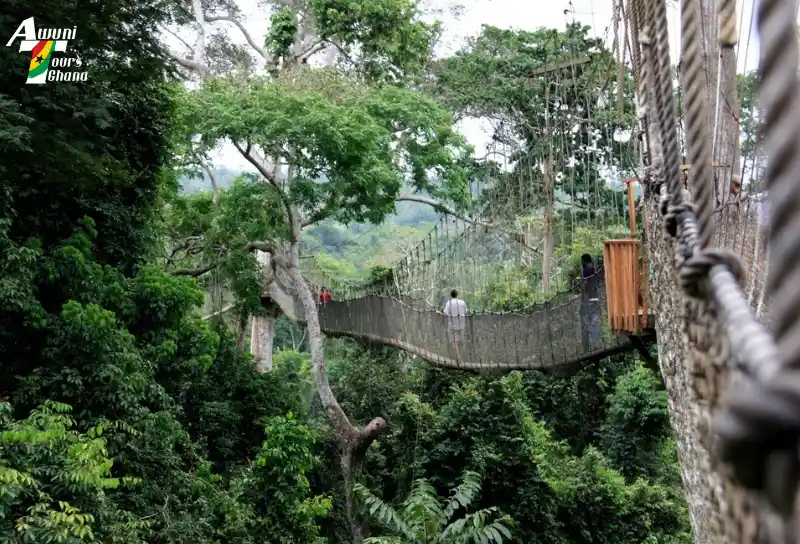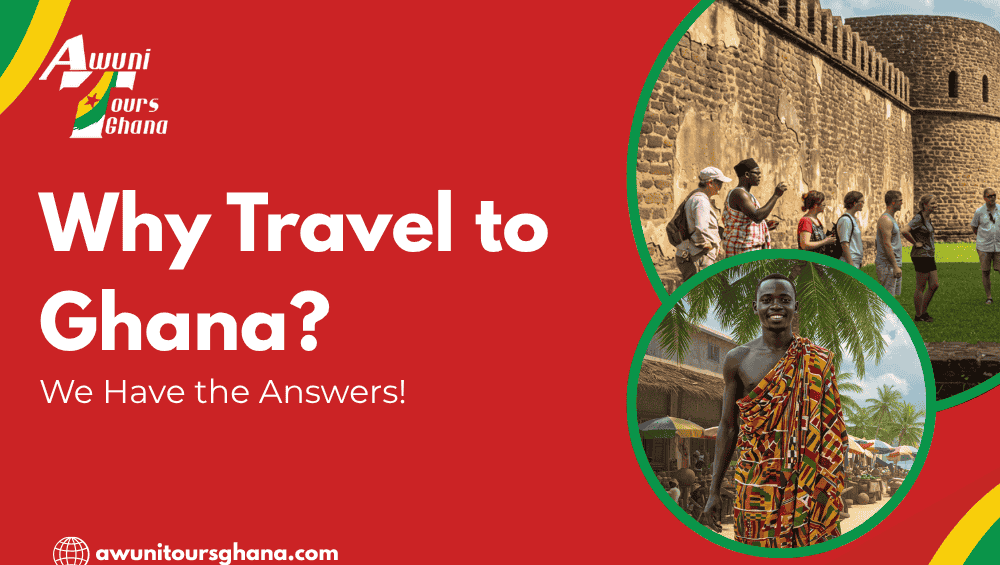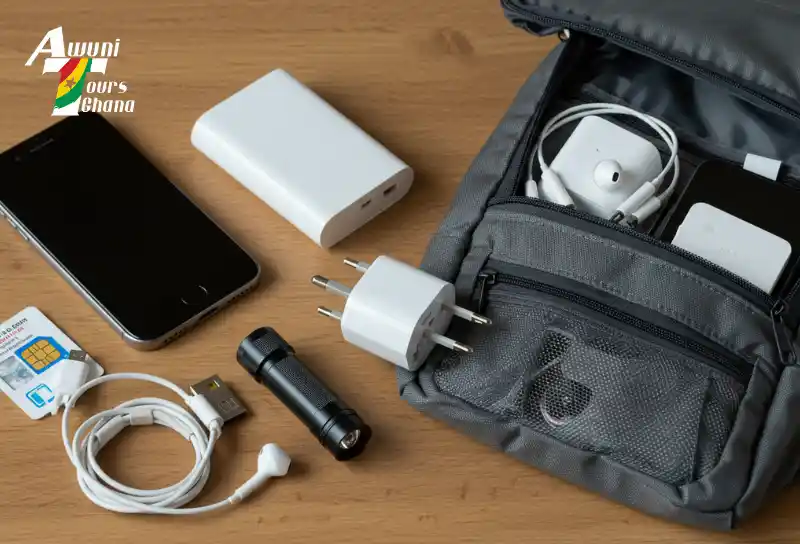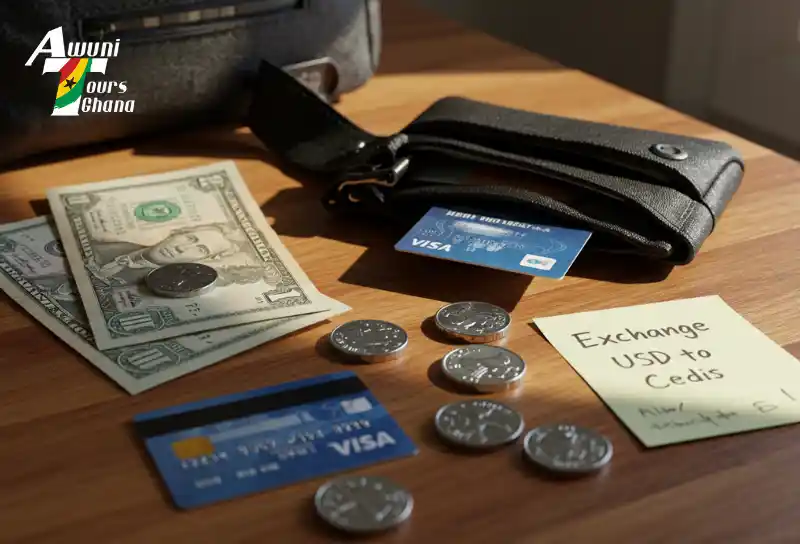Top Ghana Tours for First-Time Visitors
Traveling to Ghana for the first time? You’re about to uncover a country filled with warmth, history, and adventure. Whether you’re interested in cultural heritage, natural beauty, or vibrant city life, Ghana tours offer a rich introduction to West Africa.
To help you plan, we’ve highlighted five top Ghana tours that are ideal for first-time visitors. These are more than just sightseeing routes; they’re immersive journeys through some of the country’s most meaningful places.
5 Top Ghana Tours to Take on Your First Visit
Joining guided tours is one of the best ways to explore Ghana, especially if it’s your first time. Local guides offer cultural context, language support, and safe navigation through historical, natural, and urban attractions.
Let’s take a closer look at where to begin your journey.
1. Explore the City of Accra
Accra is the heartbeat of Ghana, and starting with a Ghana city tour is a great way to get settled. You’ll see how modern life blends with deep-rooted traditions from the coastal forts and colonial architecture to open-air markets and public squares.

Highlights often include:
- Independence Arch & Black Star Square
- Jamestown fishing district
- Makola Market
- Kwame Nkrumah Memorial Park
This offers a first-hand look at how Accra reflects Ghana’s journey from colonization to independence and into modern-day life, Explore it in more detail through our Accra City Tour.
2. Cultural and Heritage Tour
Ghana’s role in the transatlantic slave trade makes it one of the most historically significant countries in West Africa. For many, traveling to Ghana for the first time is about reconnecting with ancestral roots and understanding Ghana’s place in world history. This tour focuses on heritage sites that tell emotional and powerful stories.

Some highlights include:
- Elmina and Cape Coast Castles (UNESCO sites)
- Assin Manso slave river site
- Cultural visits to Kumasi and the Ashanti Kingdom
If you’re interested in cultural tours in Ghana, our Cultural Heritage Tour is one of the most eye-opening journeys you can take.
3. Wildlife Safari Experience
Ghana may not be the first place you think of for a safari, but it should be. The northern regions are home to Mole National Park, where you can see elephants, antelopes, and baboons in their natural habitat.
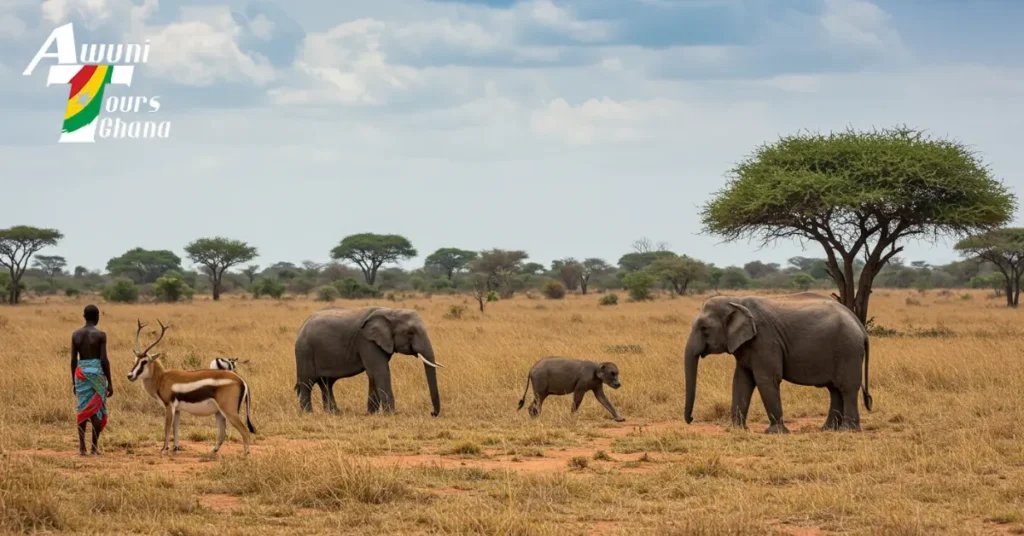
This tour offers:
- Wildlife viewing without the crowds
- Visits to traditional communities
- Local guides who explain the ecological importance of the parks
This tour blends environmental awareness with adventure and is perfect for travelers who enjoy nature, photography, or off-the-beaten-path experiences, explore it further through our Wildlife Safari Tour.
4. Waterfalls and Natural Landscapes
Ghana’s Volta Region is one of the most scenic parts of the country. Lush hills, tropical forests, and flowing waterfalls make it a refreshing escape for those looking to unwind and connect with nature.

This nature-focused tour includes:
- Wli Waterfalls – One of West Africa’s tallest
- Forest hikes and scenic trails
- Monkey sanctuaries and hidden waterfalls
It’s the perfect add-on to your Ghana travel package if you’re looking to balance history with nature. Take a closer look at our Waterfalls and Nature Tour.
5. Visit Key Cultural Heritage Sites
Some tours in Ghana are focused on specific heritage sites that hold historical, spiritual, or architectural value. These locations are not just about the past, they are still part of living traditions today.

Expect to see:
- Shrines, palaces, and sacred forests
- Art and architecture of traditional Ghanaian communities
- Local customs that are still practiced today
For first-time visitors, this tour helps connect the dots between Ghana’s ancient societies, colonial encounters, and present-day cultural life. Explore more through our Important Cultural Heritage Sites Tour.
Why Choose Awuni Tours Ghana?
At Awuni Tours Ghana, we understand that for many visitors, Ghana isn’t just another destination, it’s a place of connection, reflection, and exploration. That’s why we focus on providing experiences that go beyond sightseeing, helping you engage with the country in an authentic and meaningful way.
- Local Expertise: Our guides are deeply familiar with the regions and communities you’ll visit. We share real insights, not scripts.
- Cultural Depth: From traditional naming ceremonies to local artisan markets, we make space for genuine interactions.
- Comfortable Experiences: We only recommend locations and accommodations that we trust and know offer a safe, welcoming atmosphere.
- Thoughtfully Designed Tours: Each of our tour routes is intentionally crafted, not just to cover the highlights, but to connect them in a meaningful way.
- Flexible Planning Support: Whether you’re looking for a heritage-focused tour or nature-filled days in the Volta Region, we help you select the right itinerary.
Conclusion
Ghana tours come in all forms, from city explorations to wildlife safaris and cultural immersion trips. As a first-time visitor to Ghana, you have the opportunity to see the country from multiple angles. Whether you start with a guided city tour, explore historical forts, or hike toward a waterfall in the Volta Region, each step reveals a deeper story.
If you’re still deciding how to begin, we invite you to explore our Awuni Tours Ghana experiences and find what speaks to you.
FAQs
Is it safe to travel around Ghana?
Yes, Ghana is generally safe for tourists. As with any destination, it’s advised to stay aware of your surroundings, avoid isolated areas at night, and follow local advice.
When is the best time to visit Ghana?
The best time to visit Ghana is during the dry season, from November to March. This period offers better weather for sightseeing, wildlife tours, and outdoor experiences.
What are the top tourist attractions in Ghana?
Some of the must-visit attractions in Ghana include Cape Coast Castle, Elmina Castle, Mole National Park, Wli Waterfalls, Kakum National Park, the city of Accra, and cultural sites in Kumasi, home of the Ashanti Kingdom.


